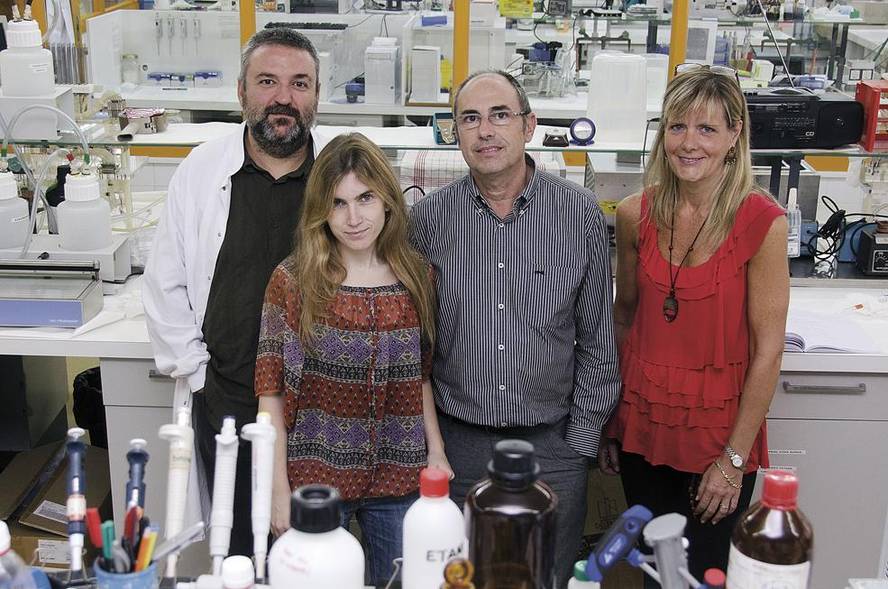Resistance to schizophrenia has an explanation

Some atypical antipsychotic drugs used in the treatment of schizophrenia are ineffective for one in three patients. Through research published in the journal Nature Neuroscience, researchers have discovered the mechanisms that cause resistance. It has been observed that over time there is an increase in an enzyme in the brain of schizophrenics --called HDAC2 - which, in excessive amounts, produces a series of epigenetic changes that reduce the effectiveness of drugs.
The article explains that the increase of the enzyme HDAC2 is due to the drug itself. Research has been conducted in post-mortem tissues and animals of schizophrenic patients and researchers have been able to check the specific mechanism.
The fate of atypical antipsychotic drugs is the 5HT2A receptor of serotonin, a neurotransmitter that remains altered in schizophrenics creating hallucination pictures. However, earlier research revealed that treatment affects another neurotransmission system, glutamatergic. Specifically, it reduces the mGlu2 receptors of neurotransmitter glutamate, which increases the so-called negative symptoms of the disease, such as contraction and lack of interest. It has now been shown that the cause of this disorder is increased activity of the enzyme HDAC2, which causes epigenetic changes that cause inhibition of the mGlu2 receptor.
"This study clarifies the causal mechanism of alterations and gives a great scientific basis to the use of drugs that stimulate the mGlu2 receptors to treat schizophrenia," explains UPV Professor of Pharmacology Javier Meana. In fact, several pharmaceutical companies are currently developing antipsychotic drugs aimed at this new destination.
Scientists from the Department of Pharmacology of the UPV have participated in two investigations through a consortium of international research groups. Other members include the Mount Sinai School of Medicine in New York, the University of Arizona, the Massachusetts Institute of Technology and the Spanish Mental Health Network (CIBER) Biomedical Research Center.





